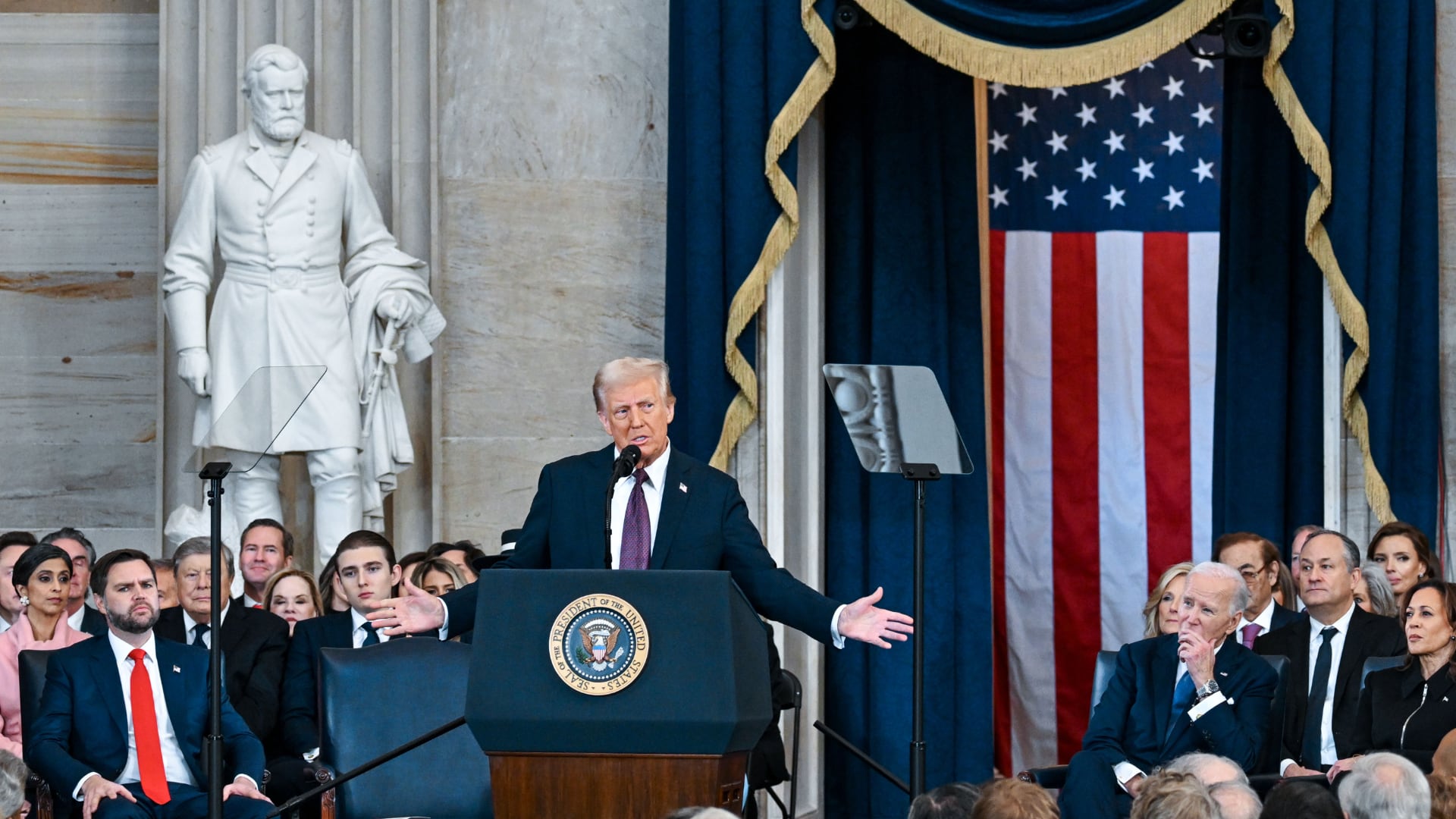*By Justin Chermol* California Rep. Ro Khanna has a novel idea about how to solve the government shutdown: call in some experts. "Why don't we get an independent group of experts? The president appoints two people. The House appoints two people. The Senate appoints two people," the Silicon Valley-based Democrat suggested. "Put them in a room ー six folks ー and have them come up with proposals that are going to be 6-0." "Arbitrators do this all the time. Mediators do this all the time," he told Cheddar's J.D. Durkin. " People sue each other, they have disputes and somehow it gets resolved. "It’s only in the United States government that we’re unable to move forward." Well into its fourth week, the partial government shutdown shows no signs of ending. As the California congressman representing Silicon Valley, Khanna understands its impact not only on federal workers, but also his tech-based constituency. Private companies looking to file an IPO have been stalled by the government stalemate, which has hampered the work of the Securities and Exchange Commission. "You ... don't have startups being able to go public, and there is a whole line of companies that can't get public, can't go public because of the shutdown," Khanna explained. He said this should concern President Trump, who has taken credit for last year's stock market increases ー and may find himself shouldering the blame if the market continues to show weakness. "If the President obsesses over the stock market ー he's hurting the stock market, he's hurting our innovation, he's hurting our entrepreneurship. This is actually having real damage," Khanna said.












